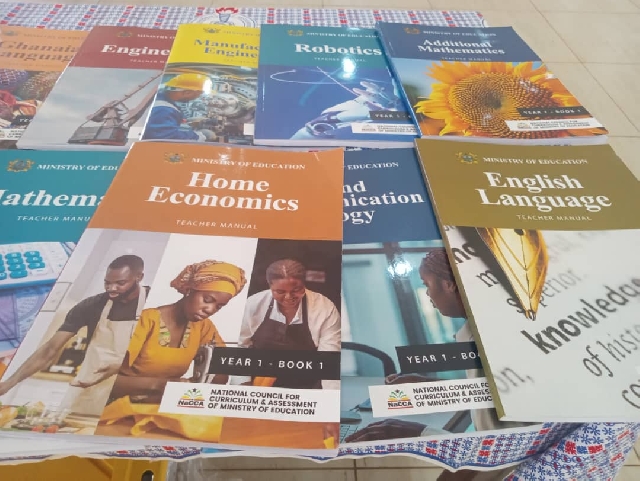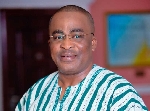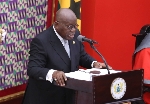NaCCA unveils new SHS curriculum with 37 Subjects to promote flexibility, inclusivity
 The innovative curriculum includes 37 subjects designed to equip students with the knowledge, competencies, values, attitudes, and character qualities necessary for lifelong learning
The innovative curriculum includes 37 subjects designed to equip students with the knowledge, competencies, values, attitudes, and character qualities necessary for lifelong learning
The National Council for Curriculum and Assessment (NaCCA) has announced a groundbreaking new curriculum for Senior High Schools (SHS) aimed at instilling national values and fostering pride among the youth.
The innovative curriculum includes 37 subjects designed to equip students with the knowledge, competencies, values, attitudes, and character qualities necessary for lifelong learning, employability, and a fulfilling adult life.
During a media engagement with various teacher unions in Bolgatanga, Acting Director of Curriculum Development at NaCCA, Reginald George Quartey, emphasised the curriculum's flexibility, which will allow students to tailor their studies according to their interests and strengths, thereby eliminating the rigid structures of previous programmes.
“This new curriculum will help students to select the subjects they want to study; for instance, if a student wants to do science, he will do the four core subjects and then, select perhaps chemistry and biology and from there, the student can add government and business or other two subjects that are totally not related to science,” Mr. Quartey explained.
He further explained that: “The idea is that if the student is having interest or not performing well in the science, he can have a chance to either change to do art or business without necessarily having to go through some challenges of doing so.”
Founding Dean of the School of Education and Leadership at the University of Ghana, Professor Jonathan Fletcher, praised the curriculum for its inclusive pedagogy.
“The document itself incorporates a lot of inclusive pedagogy to make it easier for teachers to help students,” Prof. Fletcher stated, highlighting the curriculum's commitment to catering to diverse learning needs.
However, the introduction of the new curriculum has raised concerns among educators about disparities in school infrastructure across the country.
Upper East Regional Chairperson of the Ghana National Association of Teachers (GNAT), Madam Ivy Betur Naaso, voiced her worries about the potential imbalance it could create, particularly in less privileged schools in categories B and C.
“It's only when there is equal infrastructure at various schools that we can achieve an equal new curriculum,” Madam Naaso asserted.
She highlighted the need for improvements in school facilities to ensure that all students, regardless of their school's category, can benefit equally from the new educational framework.
Source: classfmonline.com/Moses Apiah
Trending News

Profiles of 10 regional ministers-designate nominated by President Mahama
23:13
NDC exposes three police officers allegedly involved in looting of state establishments
13:44
NALAG President urges President Mahama to prioritise experienced Assembly Members and women in MMDCE appointments
00:48
Eastern Youth Development Association congratulates President Mahama
11:39
Justina Nelson: President Mahama appoints Acting CEO for Minerals Income & Investment Fund
21:53
Don’t be scared; we won’t default on our debt obligations – Ato Forson to Akufo-Addo
11:43
NIA assures 500 contract staff of settling salary arrears
12:18
CARE Ghana raises concerns over 2024 election security lapses
12:01
V/R: President John Dramani Mahama nominates James Gunu as regional minister-designate
21:43
Dialysis Center at Upper East Regional Hospital faces possible shutdown over funding challenges
12:23




